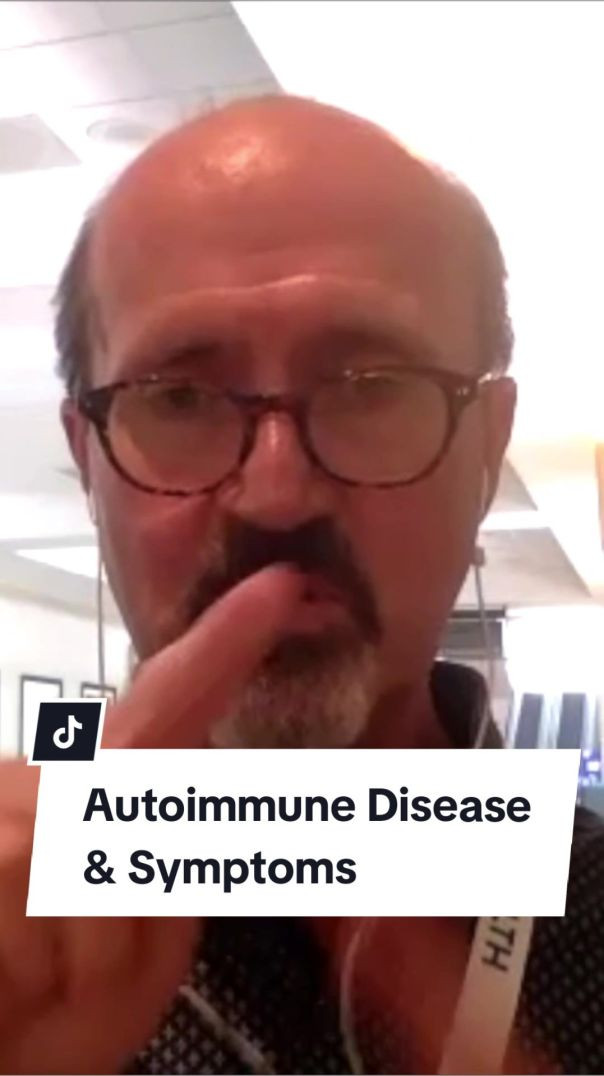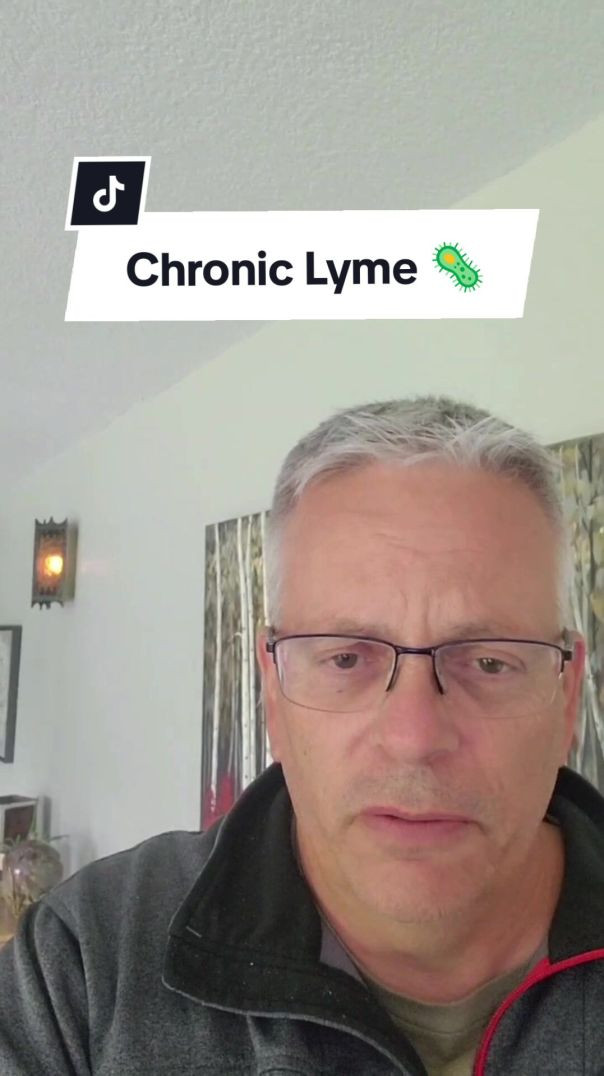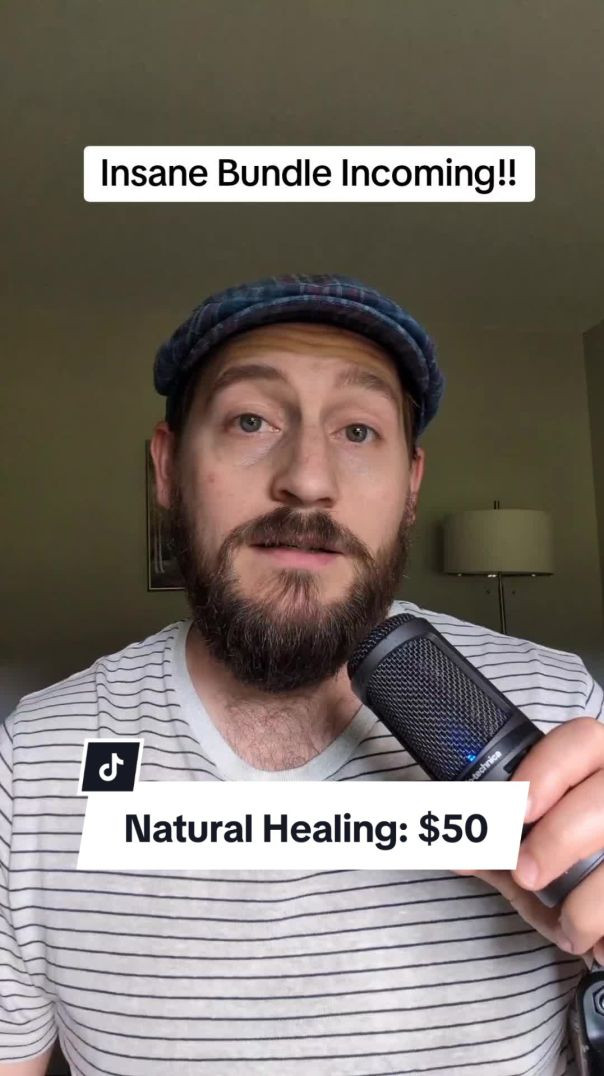Shorts skab

Addressing the cause of your #autoimmunedisease will allow your body to function properly and do what it's supposed to do: fix itself!
That is how you make the symptoms go away. If you start by treating the symptoms first, you're not addressing the cause, and the cycle of sickness will never end.
#fibromyalgia is a symptom.
#depression and #anxiety are symptoms.
#constipation is a symptom.
#memoryissues and #brainfog are symptoms.
#migraines are a symptom.
#guthealth issues are a symptom.
#connersclinic #podcast #holistichealth #healthylife #diet #nutrition #functionalmedicine
See the full interview with Dr. David Bilstrom at ConnersClinic.com/45

Dealing with Lyme Disease ? Is it acute, #chroniclyme or #autoimmunelyme -- Understand the 3 phases to understand how to heal.
#lymedisease #autoimmunedisease #lymediseaseawareness #holistichealth #heydoc #naturalhealing #connersclinic #drkevinconners #naturalremedy

Clear CV is one of our best selling products because it's great for colds!
Vitamin C, Vitamin D, Zinc...
https://shop.connersclinic.com..../products/clear-cv-1

🌿✨ Exciting News! 🌟 We're counting down to the launch of the Natural Healing Bundle—less than 10 days away!
https://www.connersclinic.com/bundle
🎉 Get ready for an incredible collection of eBooks, guides, and courses from top health and wellness experts, valued at nearly $9,000, for just $50!
🌱💚 Don't miss out on resources related to #herbalhealing #naturalpregnancy #detox #guthealth #medicinalplants #infertility and so much more.
📅 Launching June 3rd! Hit the link in our bio to get notified and stay tuned for sneak peeks!

Here are some Do's and Don'ts for brain inflammation -- #1 is NO ALCOHOL!
What do you think about the others?


